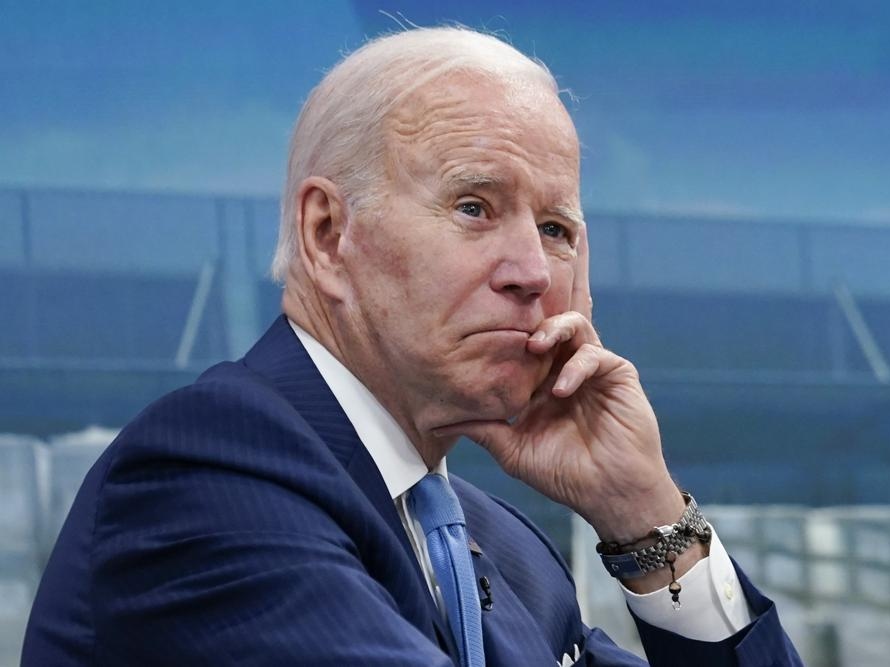The Kingdom of Saudi Arabia’s General Authority for Statistics (GASTAT) published a report Thursday that showed the oil industry booming with ten-percent growth, thanks in no small part to President Joe Biden’s attack on the American energy industry, while unemployment fell to 10.1 percent, its lowest level since 2008.
The robust Saudi economy will complicate President Biden’s efforts to wheedle or cajole more oil out of the Saudis during his visit in July, a last-ditch bid to bring U.S. gas prices down before the midterm election. Biden has little leverage over the Saudis, and they will see no good reason to bring oil prices down by increasing output.
Outside the still-dominant oil industry, the Saudi economy grew by 3.7 percent, while Biden’s policies have pushed America to the edge of a recession, and possibly over the edge.
Even as it approaches a 15-year low, Saudi unemployment is still high by U.S. standards due to a very low workforce participation rate, which slipped 1.4 percent to hit 50.1 percent in the first quarter of 2022.
The topline unemployment rate conceals a huge disparity between men (unemployment rate 5.1 percent) and women (20.2 percent.)
The World Bank applauded Saudi progress on women in the workforce in March, crediting them with “unprecedented progress in joining the labor market” thanks to reforms implemented under Saudi Vision 2030, the wide-ranging reconstruction plan conceived and shepherded by Crown Prince Mohammed bin Salman (MBS), the de facto leader of the country.
“These reforms are already benefiting 6 million Saudi women over the age of 21 and will affect women for many generations to come,” the World Bank predicted.
The workforce participation rate for Saudi women in every age category has grown at a spectacular rate since 2019 and it was largely driven by private-sector employment, not the government hiring women to make itself look good to foreign observers. There was, however, one notable government thumb on the scales: special taxes levied against foreign workers beginning in 2017, to make the labor of Saudi nationals more cost-competitive.
The Saudis actually import a great deal of fuel oil during hot summer months and these days they are buying millions of barrels of cheap Russian fuel oil flowing through Egypt.
The Saudis worked for years to develop closer relations with Russia, eventually succeeding in bringing the Russians into the Organization of the Petroleum Exporting Countries (OPEC), which became known as OPEC+ once Moscow joined in.
According to Reuters on Thursday, OPEC+ agreed to a modest increase of oil output under heavy U.S. pressure in early June – but only because the Russians told the Saudis it was acceptable.


COMMENTS
Please let us know if you're having issues with commenting.